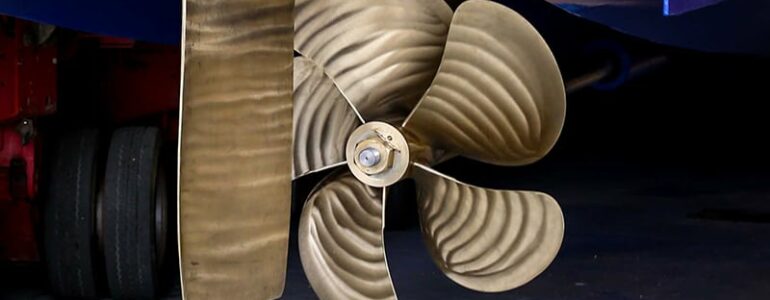26/08/23

Digitize pattern production to sand cast metal parts faster and cheaper with 3D printing
UP TO 9x FASTER
Speed up fabrication and reduce lead times
75% CHEAPER
Cut costs with fast and precise digital craftmanship
BOOST PRODUCTION BY 50%
Streamline workflows and ramp up production
Sanding casting is a time-tested, reliable method to produce large metal parts. As more and more manufacturers move to digitize their production, many adopt 3D printing as part of their upgraded process. Traditional sand casting requires a 2D drawing to be translated and fabricated by a highly skilled pattern maker, which can be slow and expensive. Alternatively, some manufacturers turn to CNC milling to produce their patterns, but this method can not create certain complex geometries and wastes a lot of material. 3D printing, and specifically large-scale BigRep machines, can speed up and automate production while reducing costs and breaking free of traditional production chains.
BigRep 3D Printers are a perfect solution to produce large metal parts, such as propellers and hydrants. See how BigRep customers use 3D printed sand casting patterns for faster, cheaper production and prototyping.
Using 3D printed patterns will modernize and simplify the first phases of sand casting, particularly when producing complex geometries. The first step is to design and print the pattern. For reverse engineering projects, it is also possible to scan existing components to create the 3D model. If the object to be sand casted is larger than BigRep print volume (1m3 on the BigRep ONE, for example) then it can be printed in parts and assembled after. If needed, the 3D printed pattern can be post-processed with a variety of methods.
The remaining steps are standard sanding casting processes. The printed pattern is then packed with sand and removed from the mold. Molten metal is poured into the mold cavity and the final part can be polished and post processed as needed.